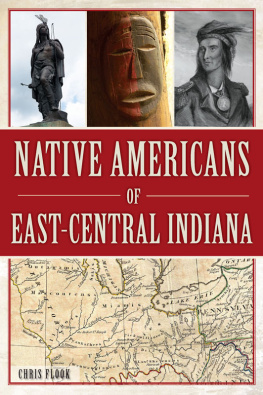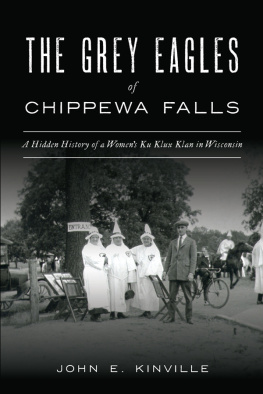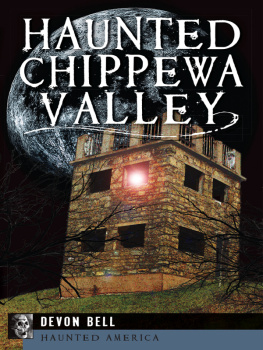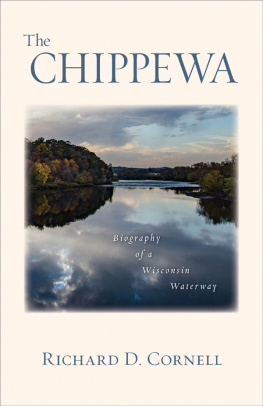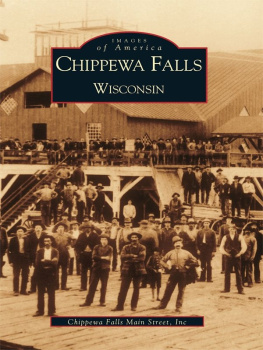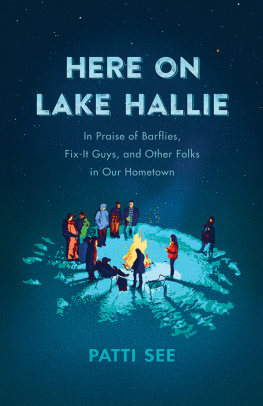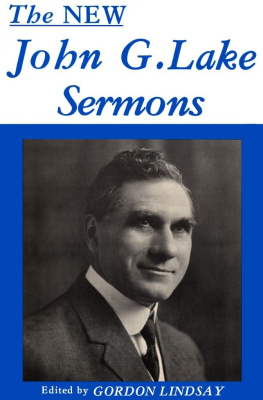Zhi - Chippewa Lake
Here you can read online Zhi - Chippewa Lake full text of the book (entire story) in english for free. Download pdf and epub, get meaning, cover and reviews about this ebook. City: Chippewa Lake (Ohio);Chippewa Lake Park (Chippewa Lake;Ohio);Ohio;Chippewa Lake;Chippewa Lake Park, year: 2017, publisher: Arcadia Publishing, genre: Home and family. Description of the work, (preface) as well as reviews are available. Best literature library LitArk.com created for fans of good reading and offers a wide selection of genres:
Romance novel
Science fiction
Adventure
Detective
Science
History
Home and family
Prose
Art
Politics
Computer
Non-fiction
Religion
Business
Children
Humor
Choose a favorite category and find really read worthwhile books. Enjoy immersion in the world of imagination, feel the emotions of the characters or learn something new for yourself, make an fascinating discovery.

- Book:Chippewa Lake
- Author:
- Publisher:Arcadia Publishing
- Genre:
- Year:2017
- City:Chippewa Lake (Ohio);Chippewa Lake Park (Chippewa Lake;Ohio);Ohio;Chippewa Lake;Chippewa Lake Park
- Rating:5 / 5
- Favourites:Add to favourites
- Your mark:
- 100
- 1
- 2
- 3
- 4
- 5
Chippewa Lake: summary, description and annotation
We offer to read an annotation, description, summary or preface (depends on what the author of the book "Chippewa Lake" wrote himself). If you haven't found the necessary information about the book — write in the comments, we will try to find it.
Zhi: author's other books
Who wrote Chippewa Lake? Find out the surname, the name of the author of the book and a list of all author's works by series.
Chippewa Lake — read online for free the complete book (whole text) full work
Below is the text of the book, divided by pages. System saving the place of the last page read, allows you to conveniently read the book "Chippewa Lake" online for free, without having to search again every time where you left off. Put a bookmark, and you can go to the page where you finished reading at any time.
Font size:
Interval:
Bookmark:
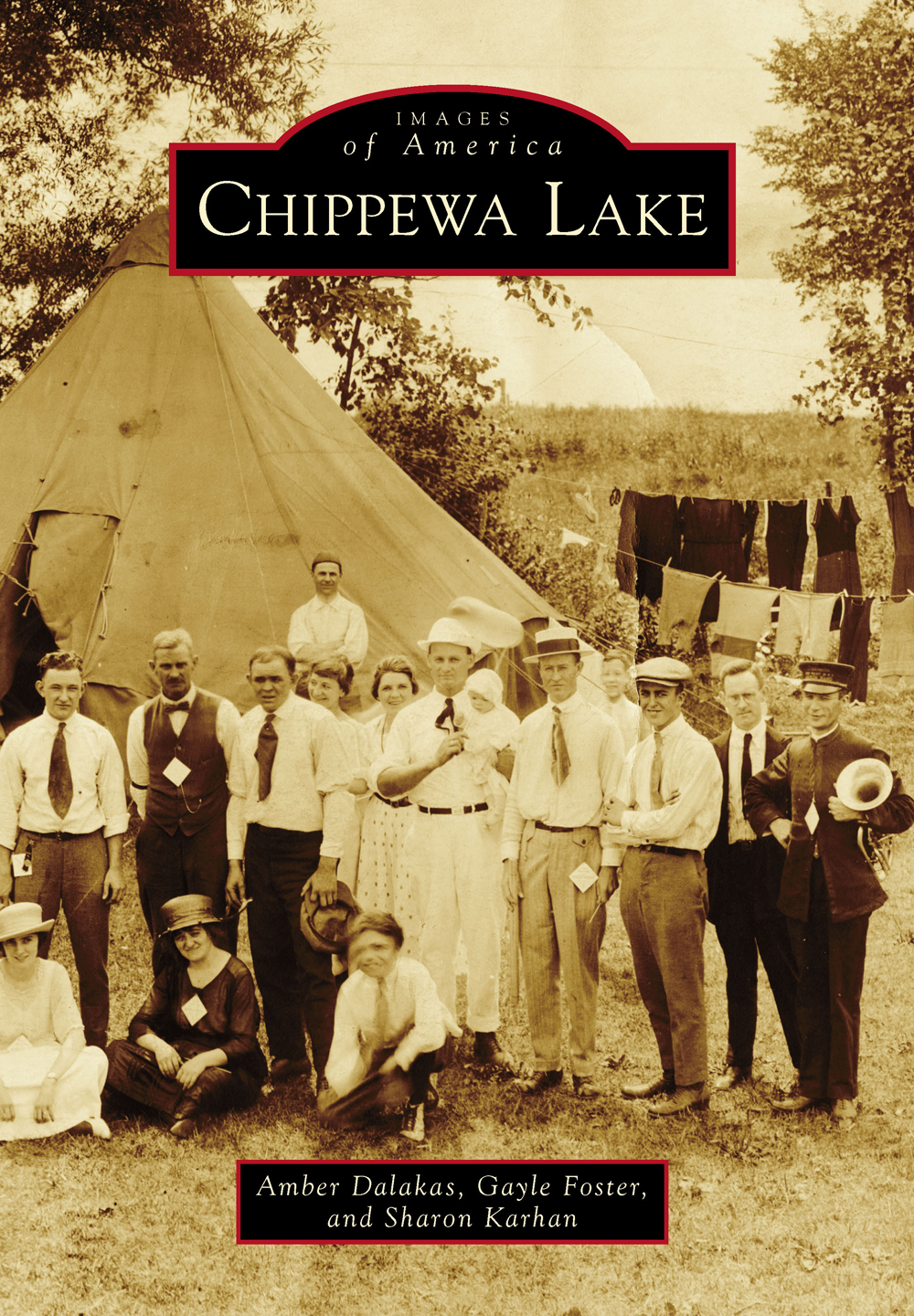
IMAGES
of America
CHIPPEWA LAKE
ON THE COVER: Businesses and companies from Cleveland, Akron, Barberton, Wooster, Medina, and surrounding areas welcomed their employees and their families to Chippewa Lake Park for annual summer outings. The picnics were a mainstay of the park, drawing thousands on any given weekend. In the early days, families arrived by train; later, they came by car, picnic baskets in hand, for a day of fun and games. Pictured here is the Builders Exchange Company outing that took place on August 5, 1920. (Cyndy Naragon.)
IMAGES
of America
CHIPPEWA LAKE
Amber Dalakas, Gayle Foster,
and Sharon Karhan

Copyright 2017 by Amber Dalakas, Gayle Foster, and Sharon Karhan
ISBN 978-1-4671-2666-3
Ebook ISBN 9781439661772
Published by Arcadia Publishing
Charleston, South Carolina
Library of Congress Control Number: 2017932660
For all general information, please contact Arcadia Publishing:
Telephone 843-853-2070
Fax 843-853-0044
E-mail
For customer service and orders:
Toll-Free 1-888-313-2665
Visit us on the Internet at www.arcadiapublishing.com
Dedicated to the memory of Chad H. GrubbThis is Where the Journey Began.
CONTENTS
ACKNOWLEDGMENTS
This work would not have been possible without the cooperation of members of the community, past and present, who shared their photographic and historical treasures and memories. Special thanks to Kathy Schmitz for her support and research.
INTRODUCTION
Glacier-formed and originally covering approximately 700 acres, Chippewa LakeOhios largest natural inland lakestraddles Lafayette and Westfield Townships in Medina County. Native Americansthe Ojibwa (or Chippewa)hunted and fished the fertile area until European settlers began arriving after the War of 1812. Today, the lake has slightly more than 300 surface acres of water and 2.8 miles of shoreline and is 25 feet deep at its deepest point. The first private owner of the lake was James Fowler, who purchased it from the Connecticut Land Company, and, objecting to the large amount of water, was compensated an equivalent acreage of land.
In 1870, a pleasure resort was begun on the area called the Upper Grounds overlooking the lake on the east side in what eventually came to be known as Chippewa-on-the-Lake. The resort drew visitors with its cooling waters, shady picnic grounds, rental boats, dance hall, skating rink, merry-go-round, swings hanging on tall trees, and a crude roller coaster that took passengers over the side of the hill to the lakefront only to be pulled back up the hill by young boys seeking to make some money. A few years later, a hotel was built to the south on what was called the Lower Grounds, an area owned by the Townsend family. They built a summer home at Chippewa Lake in 1914 and called it Five Oaks. Though the last of the original oak trees was recently lost, the estate still stands and is now the popular upscale dining spot The Oaks Lakeside, which offers diners spectacular sunset views.
The Lower Grounds soon contained cottages, a pier, boats, refreshment stands, and a dance hall. Excursion trains brought in large picnic crowds from all parts of the state. The Cleveland and Southwestern Railway, or Interurban, transported visitors to the area from 1903 until it ceased operation in 1931. A 2.11-mile rail spur ran from the nearby Baltimore & Ohio rail line to the lake along the southern border of the park cottages. That spur also carried thousands of tons of ice cut from the frozen lake to towns and cities as far away as Philadelphia. The three-story Knickerbocker Ice Company building that stored the ice was destroyed by fire on July 4, 1902, and never rebuilt.
The Lower Grounds continued to grow and draw large crowds, and in 1878, it became what would be known as Chippewa Lake Park, a popular amusement park, for the next 100 years. The park served as a venue for company picnics, drawing thousands of picnic-toting families throughout the summer months. The lake offered a large sandy swimming beach staffed with lifeguards, many of whomin the 1940s and 1950s, at leastwere young college athletes. The owner of the park, a man aptly named Parker Beach, was well respected and ran a tight ship; he was also a deputy with the Medina County Sheriffs Department.
Ace Brigode, a former band leader, served as Beachs right-hand-man when it came to booking picnics and entertainment. Brigode had connections to bring the big bands of the era to the ballroom at Chippewaacts like Tommy and Jimmy Dorsey (with the young crooner Frank Sinatra), Benny Goodman, Lawrence Welk, Les Elgart, Vaughn Monroe, Les Brown, Glenn Miller, Guy Lombardo and, later, entertainers like Pat Boone, Jerry Lee Lewis, The Diamonds, Neil Diamond, Gary Lewis and the Playboys, Michael Stanley Band, the Animals, and the Kinks, to name but a few.
Free concerts and vaudeville-type performers could be seen at the outdoor theater on the lakefront every Sunday evening. It was not unusual for politicians to find their way to Chippewa. James Garfield, future president of the United States, made an appearance in 1875. In the early 1900s, Henry Ford, Harvey Firestone, and Thomas Edison all visited the park. Silent screen actresses and sisters Lillian and Dorothy Gish rented a cottage in the park in 1926. Later, Bob Dole, Tricia Nixon, and George McGovern stopped by to press the flesh.
Local teens assumed summer jobs at the park, serving in roles from ride and game operators to refreshment and souvenir stand employees, with a handful of very lucky young men entrusted with operating speedboats from the park pier.
Following a stay at Chippewa, many families chose to rent a cottage and extend their visit or purchase a cottage in Gloria Glens, Briarwood Beach, or Chippewa-on-the-Lake, as these areas within walking distance of the lake were developed in the 1930s and 1940s.
Having more time at Chippewa helped families to escape the heat of the city while providing children with a safe place to live and play. Eventually, the commute became less tiresome, and many cottages were converted to year-round residences.
After 32 years in the business, Parker Beach and his wife, Janet, sold Chippewa Lake Park in 1969 and retired to a horse farm in Medina before eventually moving to Naples, Florida. Nine years later, without fanfare, the gates of Chippewa Lake Park were closed forever, and it fell into disrepair, succumbing to the elements and arsonists. All that remains today is a crumbling pier, the rusted skeleton of a Ferris wheel, and the equally rusted rail of The Bug, a ride that once brought squeals of delight from its passengers.
The brick-making business, the bank, the grain elevator, the meat market, the latex factory, the car dealership, the service stations, and the amusement park of yore are gone. What remains are a beautiful lake and the supporting services of a post office, churches, a fire department, and convenience stores, as well as a thriving community of people who care about their surroundings and participate in activities involving the lakeboating, fishing, waterskiing, sailing, swimming, and tennisnot unlike those early picnic-toting families seeking a bit of fun and relaxation.
One
THE PARK YEARS
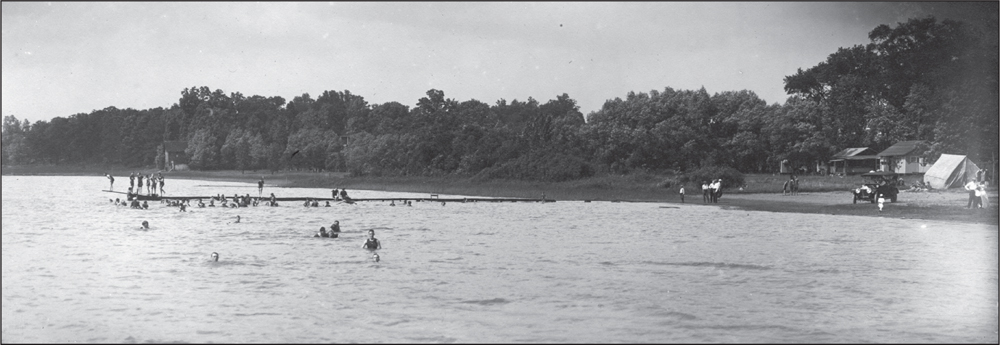
Chippewa Lake had been popular for many years as a destination for fishing, swimming, and picnics when, in 1875, Edward E. Andrews, a druggist from Seville, purchased 10 acres on the east side of the lake from Joseph Robb. This began his development of a picnic grove and pleasure grounds. That first year, it is reported that 3,000 to 5,000 people attended the Fourth of July festivities. Attendance continued to increase, and by the mid-1880s, the east side contained a two-story dance hall, roller-skating rink, roller coaster (crude and dangerous, by many reports), flying horse ride, dining hall, and bowling alley. The Chippewa Fishing and Hunting Club of Cleveland built a clubhouse in 1886 on land leased from J. Fretz near the lake. By the end of the 1880s, tents were pitched for extended stays at the lake. Popularity was growing at the Lower Grounds farther south under the direction of the owners, partners Oscar Townsend and W.H. Hawley. When Andrews retired in 1895, it marked the decline of the Upper Grounds until the 1920s, when the property was formally developed as a residential area. (Beach family.)
Next pageFont size:
Interval:
Bookmark:
Similar books «Chippewa Lake»
Look at similar books to Chippewa Lake. We have selected literature similar in name and meaning in the hope of providing readers with more options to find new, interesting, not yet read works.
Discussion, reviews of the book Chippewa Lake and just readers' own opinions. Leave your comments, write what you think about the work, its meaning or the main characters. Specify what exactly you liked and what you didn't like, and why you think so.




